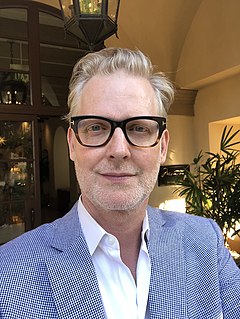A Quote by Vladimir Putin
The last time I was in Japan as President of Russia was 11 years ago, if memory serves. I later visited in my capacity as Prime Minister.
Related Quotes
I think most presidents are amazed at the overwhelming responsibility they have when they enter office and the tremendous amount of work there is. See, a modern president has far more responsibility than a president years ago. And if I were rewriting the Constitution, I would suggest a president be more like a monarch and then have a prime minister under him.
Things have gotten openly more extreme in the last few years. I was lecturing in Hungary, whose prime minister, Victor Orban, is an example of this trend. All over Budapest, statues have been replaced, museum exhibits have been redone, to turn ethnic Hungarians, not Jews, into the prime victims of the Germans during World War II. Five years ago, who would have thought this possible?
I was a very senior minister in the Howard government and I sat around this particular table [in the prime ministerial office] in many discussions. The difference between being a senior minister and the prime minister is that ultimately the buck does stop with the prime minister and in the end the prime minister has to make those critical judgement calls and that's the big difference.
There are some issues where ministers should come and talk to the prime minister, if the prime minister hasn't already talked to them. Any issue which a minister thinks is going to be profoundly controversial, where we do not have a clear existing position, it is important that there be a conversation between the minister and the prime minister. I think they all understand that and I think it is working very well.
In our party, for the post of the prime minister or chief minister, there is no race, and nor does anyone stake their claim. Who will be the prime minister or chief minister, either our parliamentary board decides on this or the elected MLAs, in the case of chief minister, and MPs, in the case of the prime minister, select their leader.




























